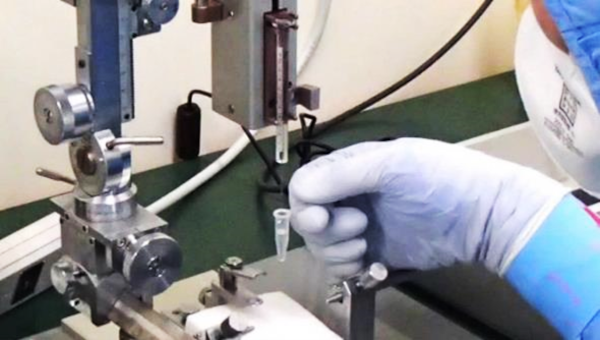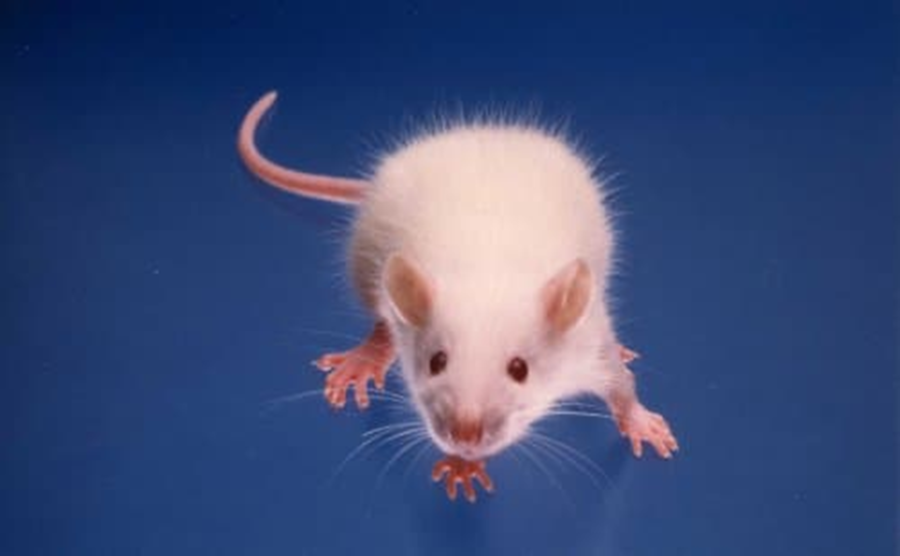
6-OHDA-induced Parkinson's disease model rats are widely used as experimental disease models for evaluating motor dysfunction, analyzing neurochemical changes, assessing drug efficacy, and researching neural regeneration.
CLEA Japan provides services for creating Parkinson's disease model rats. Below is an example of our Parkinson's disease model rat creation process. Please consider using our service for your research.
*Other options are also available. Please feel free to contact us using the inquiry form.
Related CLEA Japan product: F344/Jcl
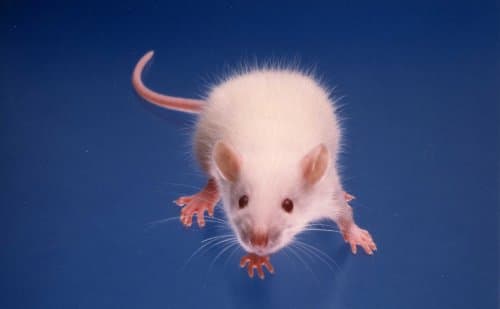
For the animal, please click here↓![]() : https://www.clea-japan.com/en/products/inbred/item_a0470
: https://www.clea-japan.com/en/products/inbred/item_a0470
Inquiry:
If you have any question, please feel free to contact us from here.
Procedure for Creating Parkinson's Disease Model Rats (Intracerebral Injection)
①Preparation
Prepare certain week old F344/NJcl-rnu/rnu rats and measure their body weight.
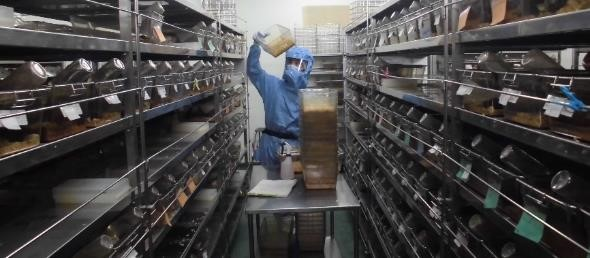
②Anesthesia
Induce anesthesia by intraperitoneal injection of a tricyclic antidepressant (TCA), followed by an intraperitoneal injection of a mixed anesthetic (MMB: medetomidine, midazolam, butorphanol) 15 minutes later.
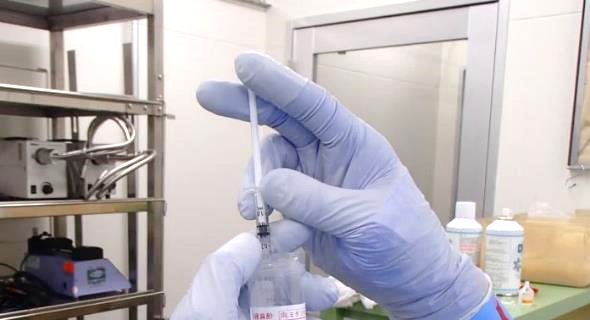
③Drug Administration
Expose the dura mater, attach a syringe to a syringe pump, and set it on a stereotaxic apparatus.
Inject 6-hydroxydopamine (6-OHDA) into the brain.
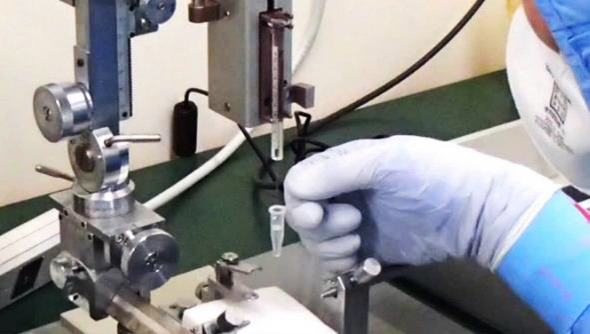
④Shipment
Ship the rats 2 weeks after the procedure.
Measure body weight and conduct visual observations before shipping, and determine the number of individuals to be delivered in consultation with the client.
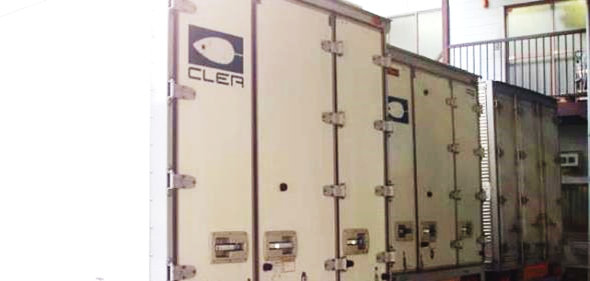
Interview of Research Administrator
・What kind of customers inquire about this service?
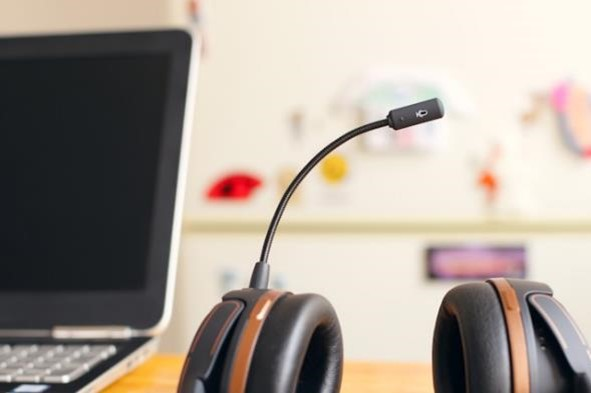
We receive requests from both companies and academia.We work on this about once or twice a month.
・How many similar inquiries do you receive per year?
Currently, we only deal with the few specific customers.
・What are the difficulties in conducting this work?
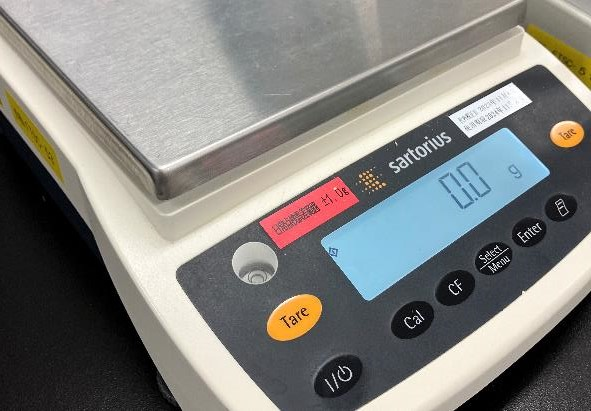
First, it is difficult to prepare individuals with matching weights.
At CLEA Japan, we create Parkinson's disease model animals using F344/NJcl-rnu/rnu rats of a very specific age, but when the number of individuals is large, it becomes difficult to match them all within the specified weight range. Depending on the age, the weight can change significantly even in two days. Currently, at CLEA, there are two staff members who have been in charge of creating this model animal for about 5 years, but even if they concentrate on the work all day, they can only create about 20 animals.
Moreover, although it is an inbred strain, there are individual differences, making it very difficult to determine the coordinates from the bregma (the intersection of the sagittal and coronal sutures of the brain). In the early stages of technology introduction, the two of us checked the coordinates together, but there were significant differences. At that time, the incidence of Parkinson's disease was about 60%, but in recent years, the two of us have agreed on the coordinates, and the success rate has become almost 100%.
I think this is a task that requires several years of experience and intuition.
・What are the advantages of requesting this service from CLEA Japan?
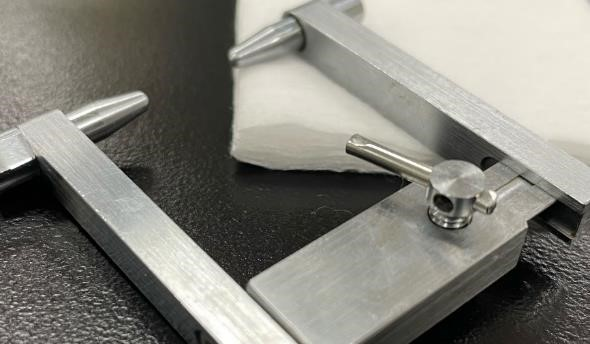
In addition to the above-mentioned coordinate determination, other tasks also require skill.
In particular, it is difficult to attach a stereotaxic apparatus (ear bar). It is also difficult to proceed with the work without the apparatus shifting after attachment.
I think it is a great advantage to request this service from CLEA Japan, which has abundant experience, detailed work procedures, and can obtain the target animals from an adjacent facility.
・What else can you provide additionally?
Although it is not directly related to this work, I think we are skilled in determining brain coordinates. We can be of great help in creating cerebral infarction model animals, administering drugs to specific coordinates, and attaching electrodes.

